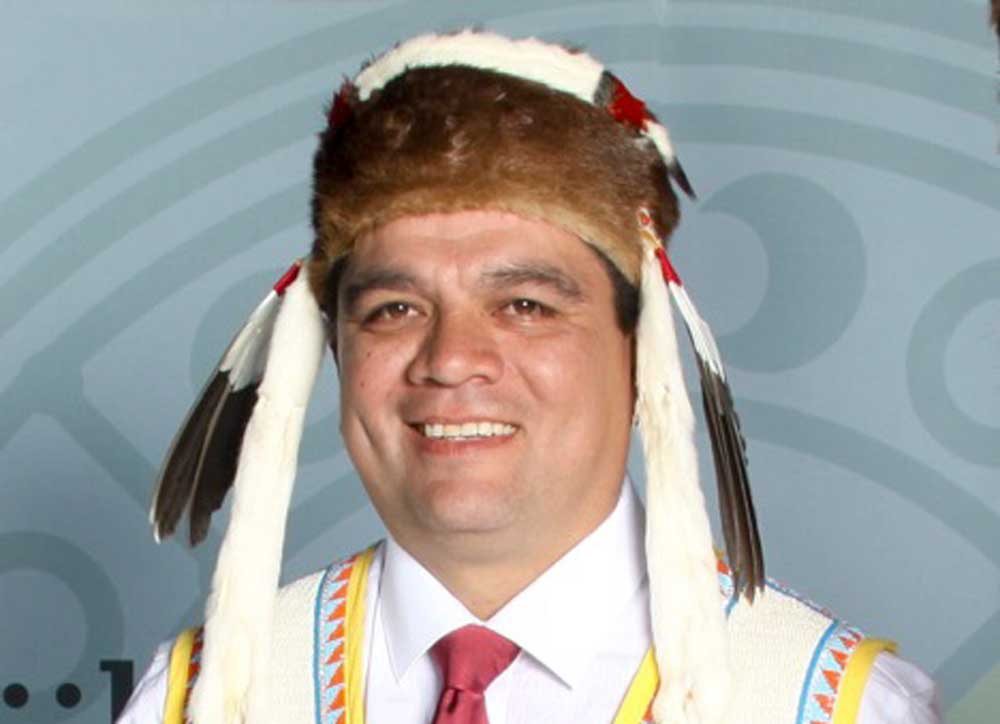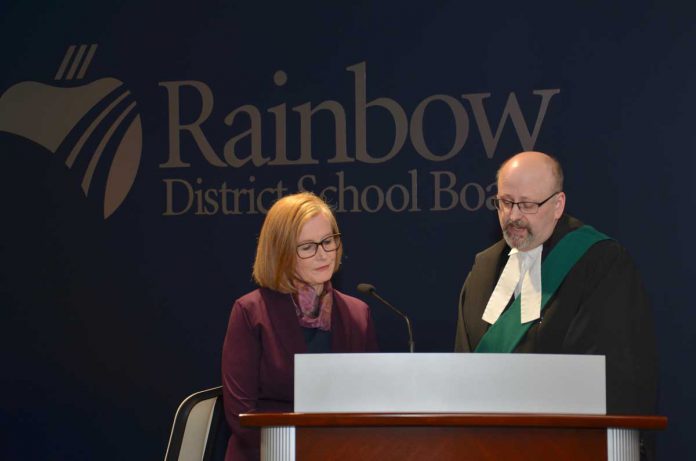OTTAWA—Canada took another important step forward in the process of reconciliation with First Nations on November 30 with an agreement in principle to settle the Indian Day Schools class action suit. Students who attended the so-called Indian Day Schools were left out of the multi billion-dollar Indian Residential Schools agreement and the class action suit sought recognition and compensation for those First Nations children who attended the schools and faced much of the same racism and abuse that those attending the Indian residential schools did, even though they did return home to their families at the end of the school day.
Crown-Indigenous Relations Minister Carolyn Bennett said the agreement “marks an important milestone for thousands of former Indian Day School students by bringing us one step closer to achieving lasting and meaningful resolution of this litigation by the recognition of Canada for the harm created by this dark and tragic chapter in Canadian history.”
It is estimated that some 200,000 Indigenous children attended federally-operated Indian Day Schools across Canada, beginning in the 1920s. Indian Day Schools were operated separately from Indian Residential Schools and were not included in the 2006 Indian Residential Schools Settlement Agreement.
The agreement in principle includes individual compensation in an amount that has not yet been made public, as well as $200 million for healing, wellness, language, culture and commemoration, and funding for legal fees. Minister Bennett said that the details on individual settlement amounts and process details would be announced sometime in January.
“This is definitely good news,” said Wiikwemkoong Ogimaa Duke Peltier, whose community saw at least six day schools between the 1880s and 1988, when Wiikwemkoong took control of its education system. Ogimaa Peltier expressed surprise at the speed with which the process has moved forward. “It has been expedited a lot sooner than we expected,” he said. “The class action was in late June, early July and our council had a presentation on it November 26. A week later there was an agreement in principle.” Things almost never move that quickly in federal-First Nation negotiations.
As to who in Wiikwemkoong would be eligible for the settlement, Ogimaa Peltier admitted that he did not as yet have firm numbers, but that the number would be substantial. “It includes just about everybody who attended school up here up until 1988.”
Among the schools identified in Wiikwemkoong were Buzwah (1883-1965), Kaboni (1916?-1988), Murray Hill (1948-1965), Pontiac School (1958-1988) when control was passed to Wiikwemkoong), Rabbit Island (1938-1963) and Wabunong (1920-1994). “There may be another one from 1967 to 1971, but we have to firm that up,” said Ogimaa Peltier.
Ogimaa Peltier said that one of the particularly good things about this process, compared to the Residential School process, is that the firm putting the case forward has insisted on a paper process. “As opposed to appearing before a panel,” he said. “It will be more like the common experience payment process. You will just have to prove you attended one of the Day Schools.”
Wiikwemkoong will be setting up a support group to assist those who need help navigating the application process, noted Ogimaa Peltier.
One fly in the ointment is a statute of limitations that will cut off any survivor’s estate if they died after 2008. “That is when the statute of limitations came into effect,” he said. “Those who died prior to 2008, their estates can apply for the settlement.”




